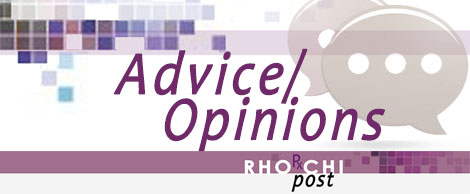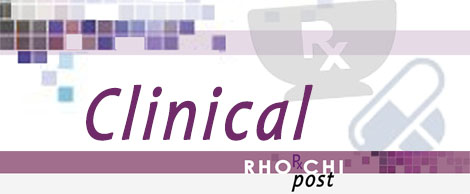
|
Dietary Supplements and Their Potential Dangers...
March 1, 2014 - Professional Advice / Opinions By: Fatema Elias, Staff Writer – With the New Year and everyone committing to their New Year resolutions, more and more patients are coming into the pharmacy asking for recommendations, particularly for weight loss dietary supplements. I hesitate to recommend an over-the-counter dietary supplement for weight loss. However, we as pharmacists and pharmacy students have… |

|
Hospital Drug Shortages...
December 1, 2013 - Featured , In the News / Politics By: Hamid Razaki, PharmD – Drug shortages seen across pharmacies in the United States continue to be an issue in patient care. A drug product shortage is defined as a supply issue that affects how the pharmacy prepares or dispenses a drug product, or that influences patient care when prescribers must use an alternative agent.1… |

|
Can a Pharmacist Prevent the Next Pileup?...
May 1, 2013 - Clinical By: Moisey Rafailov, PharmD Candidate c/o 2015 – It was early in the morning on New York’s Route 684 when a car hit a tractor-trailer and continued driving without regard. Imagine that, when later stopped by a police officer, the driver said that the accident was her pharmacist’s fault. What if I were to tell… |

|
New FDA Approval: Fycompa® to Treat Seizures...
March 1, 2013 - Clinical , Featured By: Bhavini Shah, PharmD Candidate c/o 2013 – Fycompa® (perampanel) has received the U.S. Food and Drug Administration (FDA) approval for the adjunctive treatment of partial-onset seizures with or without secondarily generalized seizures in patients with epilepsy aged 12 years and older.1 The drug, manufactured by Eisai Inc., is already approved for use in Iceland,… |

|
The Role of NMDA in Electroconvulsive Therapy and Other...
October 1, 2012 - Clinical , Featured By: Neal Shah, Co-Editor-in-Chief – Electroconvulsive therapy (ECT) is a last-line procedure in the treatment of refractory depression, among other neuropsychological disorders.1 By inducing a seizure, neurotransmitters are released and the disease state may feature a modest mitigation in symptoms.1 Seizure medications such as benzodiazepines and barbiturates are prescribed to increase or heighten the seizure… |

|
Differences Between Antagonists and Inverse Agonists...
December 1, 2011 - Clinical By: Neal Shah – There are two major classifications of drug-receptor activity: agonism and antagonism. Agonism occurs when a molecule binds to a receptor, causes an exertion of normal receptor operation, and eventually causes a response. Antagonism of a receptor occurs when a molecule binds to the receptor and does not allow activity to occur.1… |

|
Pharmacogenetic Applications in Clinical Practice...
November 1, 2011 - Clinical , Featured By: Neal Shah – The focus of pharmacy is rapidly shifting from simple filling and dispensing of prescriptions to preventative medicine and efficient clinical practice. The field of genetics has been incorporated in many defining therapies and will continue to shape how we treat our patients. Examples discussed here are the roles of human leukocyte… |